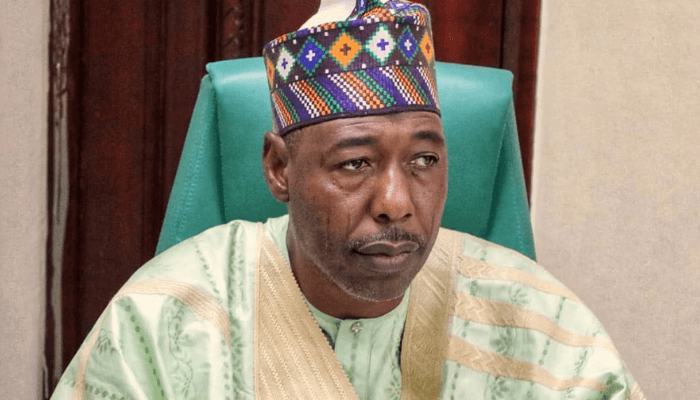The West Africa Gas Pipeline Company Limited has assured that its ongoing pipeline maintenance, supplying gas from Lagos to Ghana, Togo, and Benin Republic, will not impact power generation in these countries.
WAPCo’s General Manager of Corporate Affairs, Isaac Doku, made this known at the launch of the first pigging phase of the month-long maintenance at the Lagos Beach Compression Station in Badagry.
He emphasized that WAPCo had engaged with the leadership of the affected countries on the necessity of the maintenance and the need to secure alternative feedstock for their power plants, ensuring that an energy blackout is avoided.
“What we did was that we engaged the government of Ghana, we engaged the government of Togo, and the government of Benin Republic to let them know before the time that we were going to be doing the pigging and for efficient pigging, we need to close the laterals so that the gas can just push it in one direction, all the way to Takoradi.
“The various countries have made alternative arrangements among themselves to make sure that they got the liquid fuels that they can use for power generation,” he stated.
It was earlier reported that gas supply to thermal plants in the three countries would be halted during the maintenance period, which runs from February 5 to March 2, 2025.
WAPCo’s General Manager Operations & Maintenance, Auwal Ibrahim, stated that the maintenance activities include pigging, in-line inspection of the 569-kilometre offshore pipeline from Ajido, Lagos, to Takoradi, Ghana, and the replacement of critical subsea valves at Tema and Cotonou to improve operational safety.
“This maintenance project will necessitate the temporary suspension of specific services, including the reverse flow transportation of natural gas from Ghana’s Western Region to Tema in the east, as well as gas transportation services from Nigeria to Cotonou (Benin), Lomé (Togo), and Tema (Ghana).
“However, some gas transportation services from Nigeria to Takoradi in Ghana will continue during this period to ensure the successful execution of the pipeline cleaning and inspection activities,” the company said.
While explaining the maintenance process in Badagry, Doku stated that pilot testing had been conducted using a foam pig.
He emphasized that the main maintenance work would involve cleaning the pipeline’s interior through onshore pigging and assessing its exterior through an undersea inspection.
“When the pipeline was constructed, all the Tees that actually go to these three cities have got valves on them and the valves are such that it allows us to do what we are doing onshore, beneath the ocean.
“The valve allows us to be isolated to launch pigs, again, to clean the line from under the ocean to our station. Two years ago, we tried to clean those laterals, and in doing that, we realised that the valve in Cotonou and Tema were not completely gas-tight.
“So because we are closing the laterals, we thought this would be the time also to use that same window to change the valve. In addition to the cleaning and the inspection, we are changing two subsea valves, one at Cotonou and one at Tema.
“Once we do that, I think that then we can at least safely say that as far as we are concerned, we know that we are happy with the integrity of the whole pipeline,” he added.











